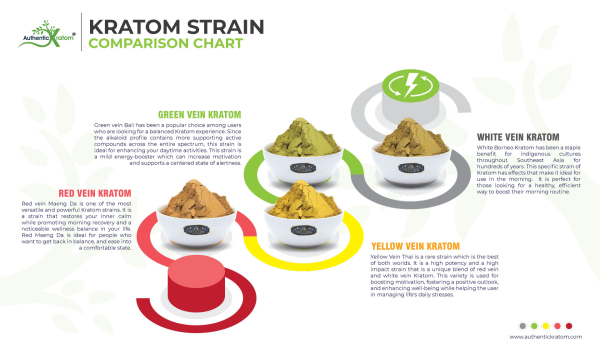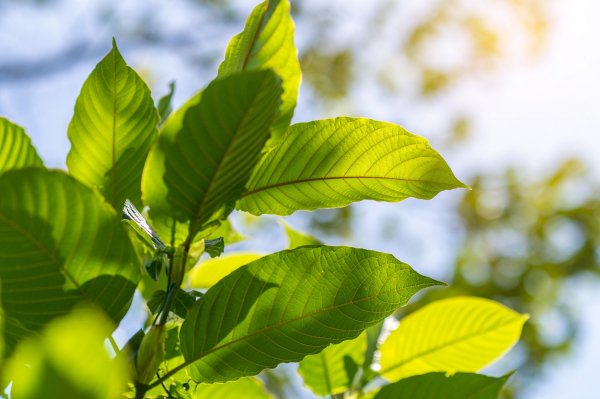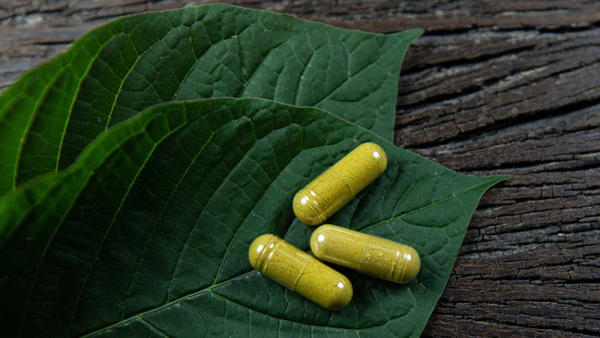How To Recover From a Kratom Hangover Fast?
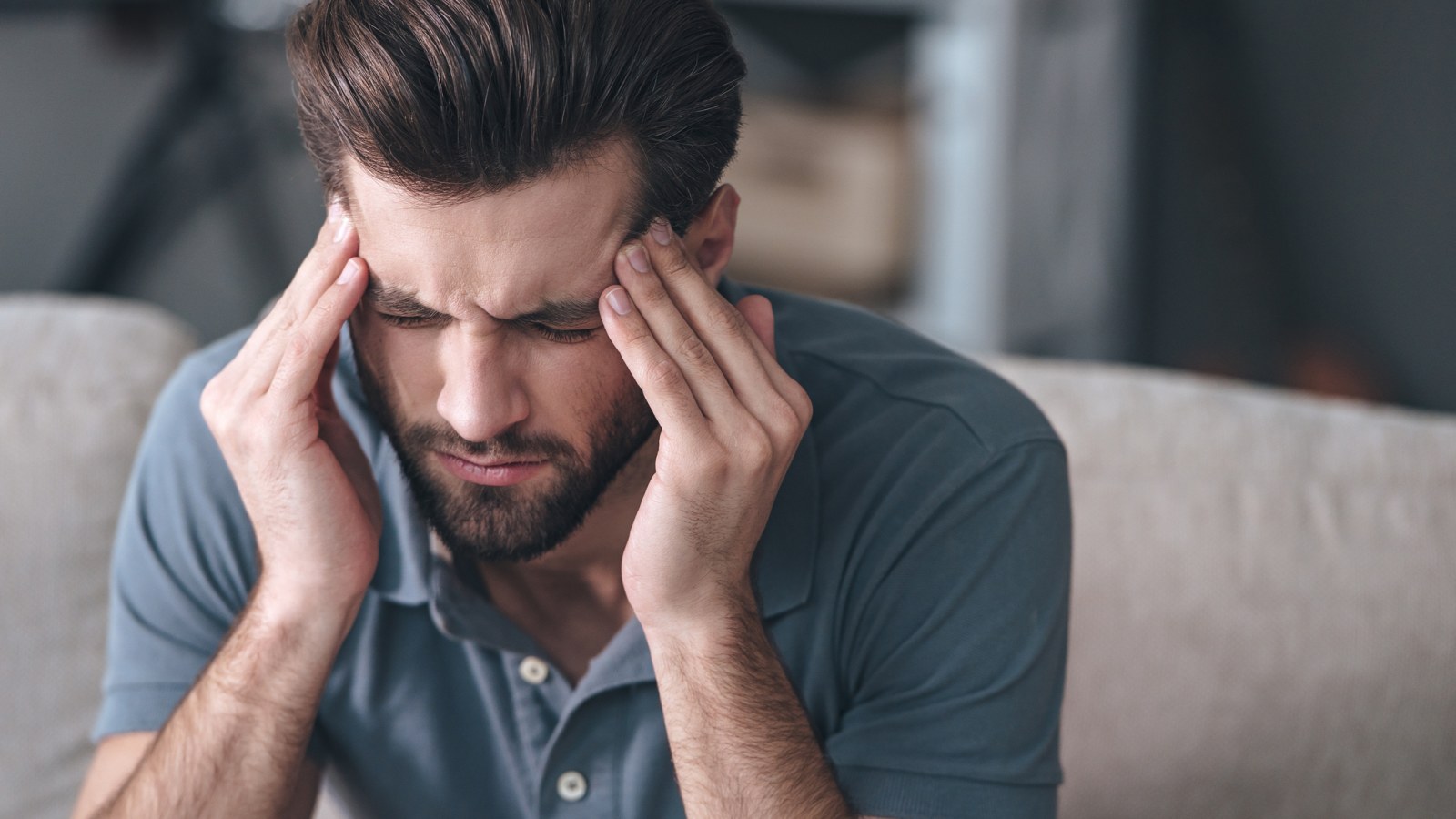

Have you experienced a kratom headache the next day after use? Some users report what they call a "kratom hangover.” It refers to symptoms that resemble the aftereffects of consuming excessive amounts of other substances, with many comparing it to “traditional” alcohol-related hangovers.
While scientific research on this topic is limited, anecdotal evidence highlights symptoms like fatigue, brain fog, and headaches.
This article dives into the potential causes and symptoms of kratom hangover, as well as strategies users have shared to address discomfort.
What Is Kratom Hangover?
The term “kratom hangover” is sometimes used by kratom users to describe symptoms they experience after taking kratom (usually in higher doses).
These symptoms, often compared to alcohol-related hangovers, may include headaches, nausea, fatigue, and dry mouth. However, more research is needed to determine if kratom use directly causes these effects.
Symptoms of Kratom Hangover
Some users who say they have experienced kratom hangover usually mention the following symptoms:
- Headache
- Dry mouth
- Fatigue or lethargy
- Brain fog
- Nausea
- Disrupted sleep
The thing to note here is that these symptoms might vary from one person to another. We all experience kratom differently, and further studies are required to validate these claims.
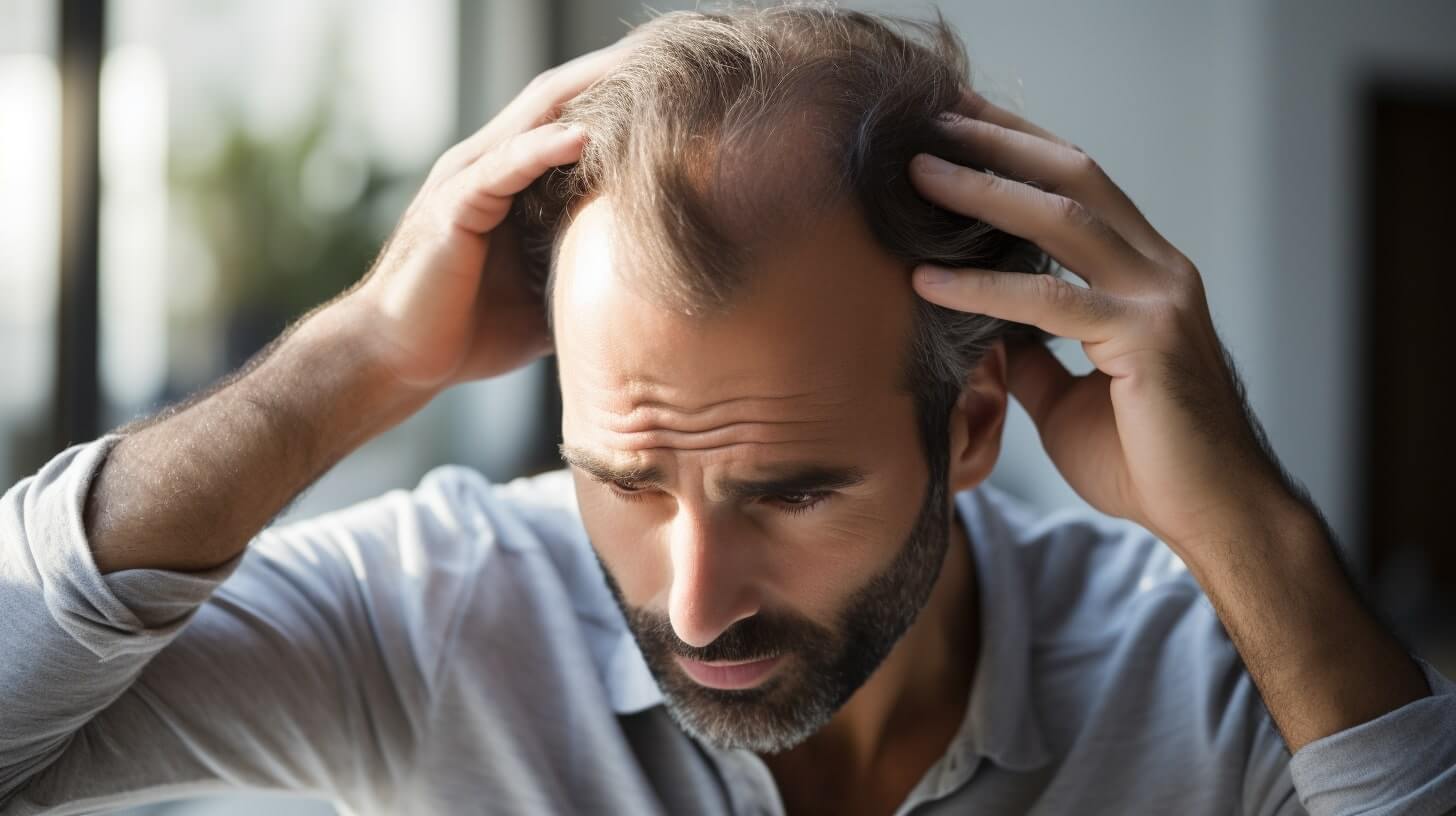

What May Contribute to Kratom Hangovers?
It’s difficult to pinpoint exactly what causes kratom hangovers. However, based on user feedback, we can identify several probable factors:
Overuse or High Doses
Overconsumption is frequently linked to kratom headache and other hangover-like symptoms. Moderation is key to avoiding these effects.
Dehydration
Kratom use may contribute to dehydration, which can lead to headaches. Drinking plenty of water is a common suggestion among kratom enthusiasts.
Strain Potency
Stronger strains, particularly red varieties, are often mentioned as contributing to kratom hangover symptoms. Rotating strains or choosing milder options might help minimize effects.
Combining Substances
Mixing kratom with other substances, such as alcohol, is widely discouraged. Evidence from users suggests this combination can potentially intensify symptoms of kratom hangovers.
Quality of Product
Contaminated or poor-quality kratom products are another potential factor. Users emphasize the importance of sourcing lab-tested, high-quality kratom.
How Long Does a Kratom Headache Last?
Based on user reports, a kratom headache the next day or other symptoms may last for a few hours. However, this can vary depending on individual factors like dosage, hydration, and overall sensitivity. Staying hydrated and taking a rest are often mentioned as the most effective ways to alleviate potential discomfort.
Strategies to Address Symptoms of Kratom Hangover
How to address kratom hangover symptoms? Is it even possible? While not scientifically validated, some users suggest the following strategies seem to help ease the common symptoms:
- Stay Hydrated. Drinking plenty of water is believed to reduce the likelihood of dehydration-related kratom headaches.
- Practice Moderation. Users frequently recommend avoiding large doses, which are more likely to lead to symptoms of kratom hangover.
- Rotate Strains. Strain rotation is mentioned as a way to prevent the body from building tolerance to specific strains, which may help minimize kratom hangover effects.
- Avoid Combining Substances. Refraining from mixing kratom with alcohol or other substances is commonly advised.
Final Thoughts on Kratom Hangovers
Kratom hangovers are a popular topic in the kratom community. They are said to include symptoms like fatigue, brain fog, or headaches, though more research is needed to confirm what might cause them and how to approach them.
Still, many users have their methods for minimizing potential symptoms of kratom hangover, such as staying hydrated, practicing moderation, and choosing high-quality kratom products from trusted vendors.
It’s not that those may eliminate you from experiencing a kratom hangover whatsoever. However, based on user feedback, these practices are your best shot at addressing common symptoms.
Buy once from Authentic Kratom® and you will be a customer for life!
It all started in 2013. On a mission to push boundaries, ease ailments, and hit the brakes on mediocre kratom brands, we wanted to be the change we wanted to see in the kratom industry. Nestled in San Fernando Valley, we are a pure kratom distributor tasked with putting mouth-watering blends at your fingertips, bridging the gap between Indonesia’s most sought-after kratom and the rest of the globe.



